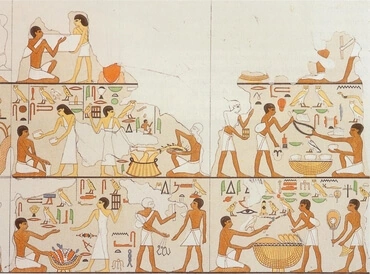1
Poi Mosè salì dalle pianure di Moab sul Monte Nebo, in vetta al Pisga, che è difaccia a Gerico. E l’Eterno gli fece vedere tutto il paese: Galaad fino a Dan,
2
tutto Neftali, il paese di Efraim e di Manasse, tutto il paese di Giuda fino al mare occidentale,
3
il mezzogiorno, il bacino del Giordano e la valle di Gerico, città delle palme, fino a Tsoar.
4
L’Eterno gli disse: "Questo è il paese riguardo al quale io feci ad Abrahamo, a Isacco ed a Giacobbe, questo giuramento: Io lo darò alla tua progenie. Io te l’ho fatto vedere con i tuoi occhi, ma tu non v’entrerai".
5
Mosè, servo dell’Eterno, morì quivi, nel paese di Moab, come l’Eterno avea comandato.
6
E l’Eterno lo seppellì nella valle, nel paese di Moab, dirimpetto a Beth-Peor; e nessuno fino a questo giorno ha mai saputo dove fosse la sua tomba.
7
Or Mosè avea centovent’anni quando morì; la vista non gli s’era indebolita e il vigore non gli era venuto meno.
8
E i figliuoli d’Israele lo piansero nelle pianure di Moab per trenta giorni, e si compieron così i giorni del pianto, del lutto per Mosè.
9
E Giosuè, figliuolo di Nun, fu riempito dello spirito di sapienza, perché Mosè gli aveva imposto le mani; e i figliuoli d’Israele gli ubbidirono e fecero quello che l’Eterno avea comandato a Mosè.
10
Non è mai più sorto in Israele un profeta simile a Mosè, col quale l’Eterno abbia trattato faccia a faccia.
11
Niuno è stato simile a lui in tutti quei segni e miracoli che Dio lo mandò a fare nel paese d’Egitto contro Faraone, contro tutti i suoi servi e contro tutto il suo paese;
12
né simile a lui in quegli atti potenti e in tutte quelle gran cose tremende, che Mosè fece dinanzi agli occhi di tutto Israele.







